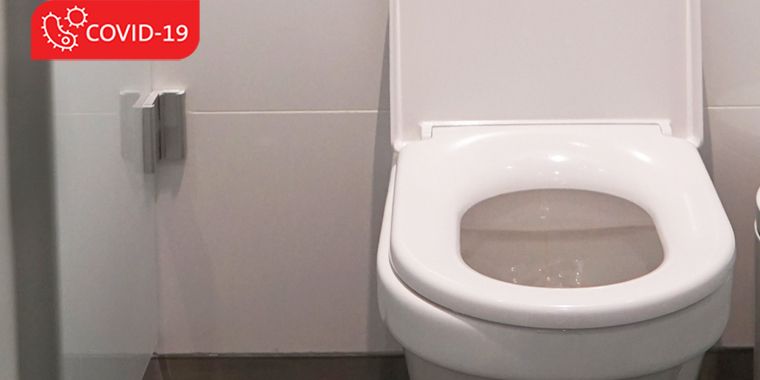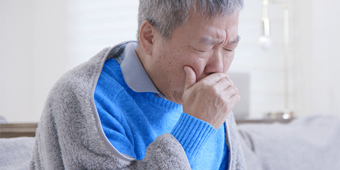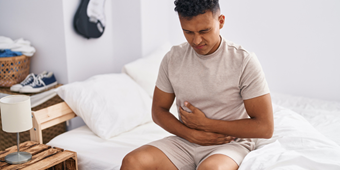COVID-19: Not All That Flushes Goes Down

Answer a few questions and we'll provide you with a list of primary care providers that best fit your needs.
When you flush the toilet, you may think everything goes down.
But the turbulence of each flush sends up a cloud of aerosol droplets, about three feet above the bowl, according to research published recently in the journal Physics of Fluids.
And these droplets and the germs they carry – like the coronavirus that causes COVID-19 – can hang in the air, possibly long enough for others to inhale the germs in a public restroom or shared bathroom at home.
Disturbed by this news, Premier Health Now checked in with Steven Burdette, MD, medical director of infection prevention at Miami Valley Hospital.
It’s true that the coronavirus can be shed in feces, he confirmed. The chance of that happening, though, is greater if you have diarrhea or loose stools. “With normal bowel movements, that’s not a problem,” Dr. Burdette says.
He adds that the chance of passing on coronavirus via aerosols from a toilet poses much less a risk than person-to-person respiratory transmission – that is, from people breathing, coughing, sneezing, talking, shouting, or singing near one another.
Lower the Lid, Lower the Risk
Nevertheless, Dr. Burdette offers the following advice for lowering your and others’ risk in a public restroom or home bathroom:
“Only use a public bathroom if you have to. Sometimes that’s all you have.”
Wear a face mask in public restrooms. “This is not the time to take your mask off.”
Wash your hands, no matter if you’re home or away. “I know that sounds very obvious, but we all know that it does not happen consistently. So, now more than ever you have to be a handwasher.”
Close the lid before flushing – though this often is not an option in public restrooms. “That will minimize any sort of spread if somebody was infected with COVID and did have it in their stool.”
Housekeeping Tips
If a family member living in your home is ill with COVID, Dr. Burdette recommends, “Wipe down the bathroom after every use, especially the high touchpoints — the toilet seat, the toilet handle, door knobs, the countertops, the faucets — with some sort of Clorox wipe or some other approved wipe.”
Routine bathroom cleaning will be adequate if everyone in your household is healthy with normal bowel movements.
Dr. Burdette also recommends providing your sick family member a bathroom and bedroom dedicated to them, when that’s possible.
He adds, “Food should be delivered to their door. They shouldn’t be wandering out to the kitchen. They should not be wandering the house when they’re sick, to minimize the spread of this.”
When you can’t dedicate a bathroom or bedroom to a sick family member, he says, “Maintain six feet of distance at home. And if you are in a common living area with someone with COVID, everybody should be masking.”
Answer a few questions and we'll provide you with a list of primary care providers that best fit your needs.
Source: Steven Burdette, MD, medical director of infection prevention at Miami Valley Hospital; New York Times





